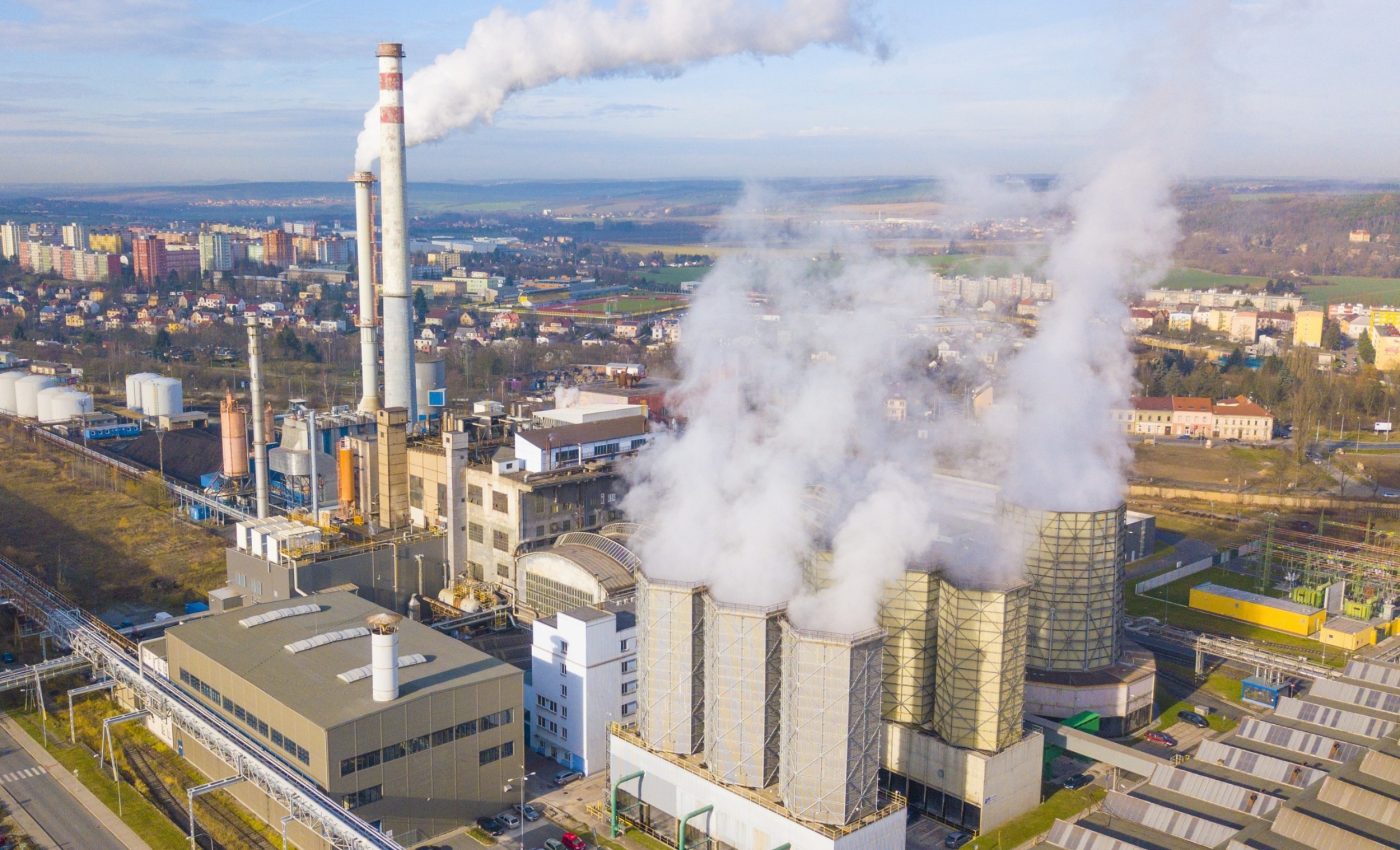
Climate inaction is now costing millions of lives each year
The climate crisis is now a public health emergency. A sweeping new report warns that the cost of inaction is being counted not just in dollars – but in lives.
Extreme heat, choking wildfire smoke, and fast-spreading tropical diseases claim millions of lives each year, while fossil fuel pollution continues to drive illness worldwide.
The report finds that, on average, more than half a million people die annually from extreme heat alone, and the risks are accelerating as global temperatures climb.
Tracking heat, smoke, and disease
Since the 1990s, the rate of heat-related mortality has risen by 23 percent. The latest assessment points to record exposure to dangerous heat days for infants and older adults.
In 2024, smoke from wildfires was linked to 154,000 deaths worldwide. PM 2.5 – tiny airborne particles under 2.5 micrometers that penetrate deep into lungs – drove much of that harm.
The work was led by Dr. Marina Romanello of University College London (UCL). Her research focuses on translating climate risk data into practical health policy.
Transmission potential for dengue has climbed by as much as 49 percent since the 1950s.
Transmission potential – climate suitability for disease spread – captures how warming and humidity expand opportunities for the virus.
When climate harms health
Heat affects many organs at once. According to health guidance, sustained high temperatures raise the risk of heatstroke and can worsen heart and kidney disease.
Fine particle pollution increases emergency visits and early deaths. The EPA notes that PM2.5 is tied to heart attacks, aggravated asthma, and reduced lung function.
Dengue spreads when Aedes mosquitoes thrive in warm, wet conditions. The WHO describes dengue as a viral infection that can become severe, particularly where health systems are strained.
The body under climate stress
Climate change is not only reshaping ecosystems but also triggering a physiological stress response across populations.
Chronic exposure to extreme heat, poor air quality, and disaster-related anxiety increases cortisol levels, the body’s primary stress hormone.
Over time, this hormonal imbalance contributes to cardiovascular disease, weakened immunity, and impaired cognitive function.
Studies from the National Institutes of Health (NIH) show that persistent environmental stressors can amplify mental health disorders such as depression and post-traumatic stress disorder following heat waves, floods, or wildfires.
The psychological burden of repeated climate disasters, known as eco-anxiety, is rising fastest among young people who see their future as increasingly uncertain.
Pollution, policy, and prevention
Outdoor pollution from burning fossil fuels was associated with an estimated 2.52 million deaths in 2022, and polluting household fuels added 2.3 million more.
Ambient air pollution, which is in the outdoor air that people breathe, remains a leading driver of these losses.
Governments spent $956 billion on net fossil fuel subsidies in 2023. These subsidies – government support that lowers retail energy prices after taxes – keep dirty fuels artificially cheap.
Shifts away from coal prevented roughly 160,000 premature deaths each year from 2010 to 2022. Modern renewables supplied a record 12 percent of global electricity in 2022.
The clean energy transition also supports livelihoods, with 16 million people working directly or indirectly in renewables in 2023.
The clean energy transition – the shift from fossil fuels to low-carbon sources – shows up in jobs as well as in hospital charts.
The global climate divide in health
Access to clean electricity remains deeply unequal. In low-income countries, only a small fraction of power comes from clean renewables, and many households still rely on biomass for cooking.
These gaps widen health risks when heatwaves, droughts, or floods strike. Adaptation – preparing for and adjusting to climate impacts – can close some of that gap if financed and staffed.
“Rapidly phasing out fossil fuels remains the most powerful lever to slow climate change and protect lives,” said Dr. Romanello.
Fighting back through prevention
Health systems can cut risks today by running heat action plans and improving ventilation and filtration against smoke.
Cities are completing climate risk assessments at scale, and medical and public health schools are adding climate and health training.
Cleaner cooking fuels would prevent millions of avoidable deaths linked to household smoke. Early warning for heat and mosquito borne disease, combined with targeted outreach, reduces emergencies and saves money.
Diet shifts also matter for health. Healthier food systems reduce pollution and deforestation, and they lower the burden of heart disease and diabetes.
Caution meets climate urgency
Big global numbers come from careful modeling, not from tallying each death certificate. Attribution, estimating climate’s contribution to observed impacts, uses multiple data sources and assumptions that add uncertainty.
That uncertainty cuts both ways. It is possible that some estimates are conservative where data are sparse, especially in regions with limited surveillance.
Despite political backsliding in some places, local leadership is raising the floor of protection. City level risk assessments and hospital preparedness are spreading, even as financing for adaptation lags behind needs.
Bank lending and fossil fuel expansion plans remain out of step with a safe temperature trajectory.
The health sector’s own emissions fell between 2021 and 2022, showing that professional norms can change quickly when leaders set clear targets.
The study is published in the journal The Lancet.
—–
Like what you read? Subscribe to our newsletter for engaging articles, exclusive content, and the latest updates.
Check us out on EarthSnap, a free app brought to you by Eric Ralls and Earth.com.
—–













